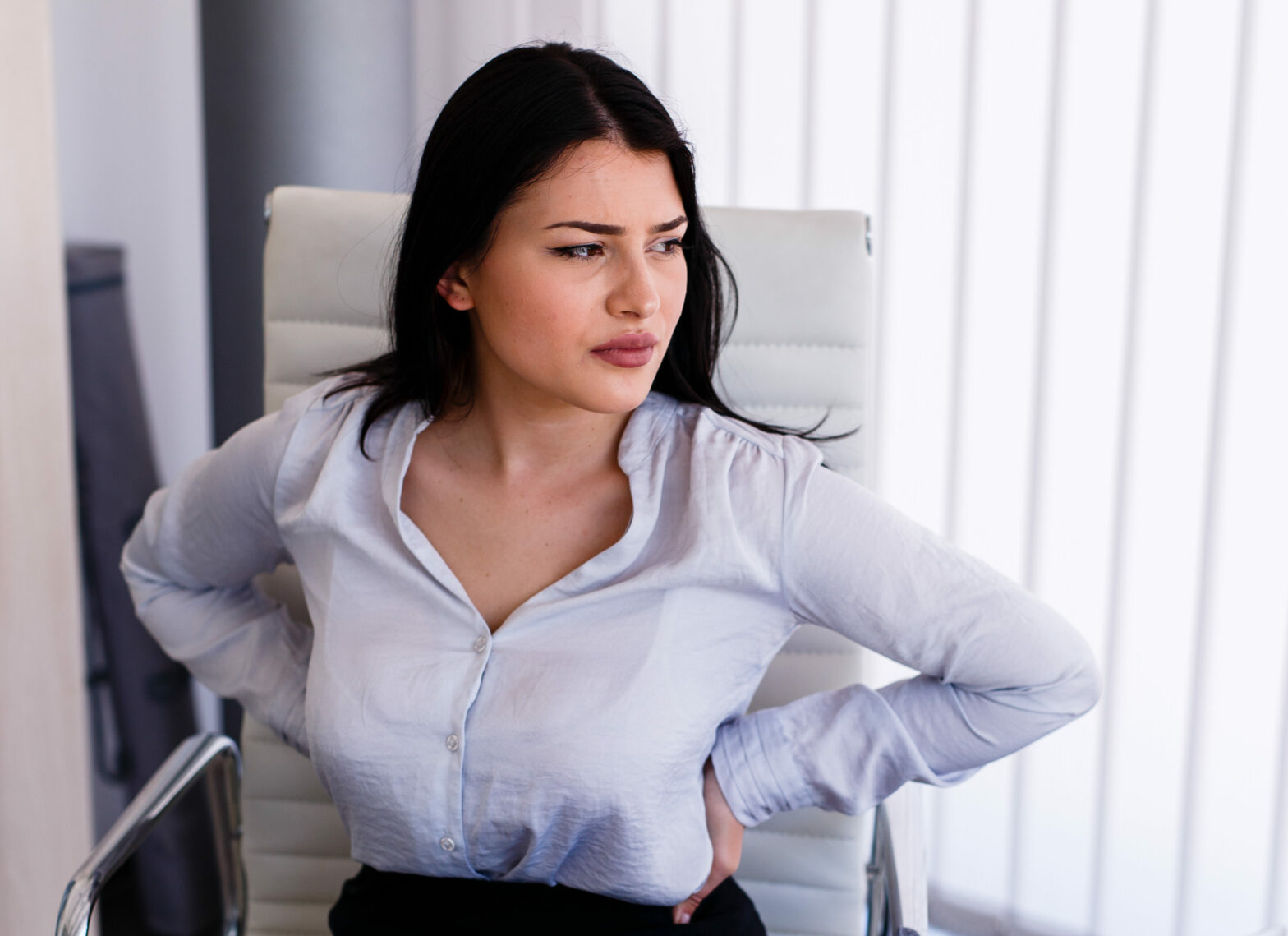Even as we enter 2018, certain issues affecting employees still face a lot of stigma. Employees taking time off for cancer and mental health issues have faced a lot of flack, but according to new research, women affected by debilitating menstrual pain face a double-edged sword of being misunderstood or shamed.
Bupa ran a study of 2,000 British women to understand just how much menstruation can affect women during their daily lives. The research found nearly a quarter have been forced to take time off work due to their periods and nearly one in ten have had two or more days off in the last six months alone.
Despite strides made in the corporate world to break the taboo around speaking about female health, younger women are more likely to hide the truth with 58 per cent of those under 25 giving the excuse of flu or a stomach bug to disguise period pain. Nearly half of the respondents say they are not comfortable talking about their period as a reason for needing time off work, and up to 67 per cent of the women surveyed felt they would be more open and honest about their symptoms with a female boss.
The average woman uses around 15,000 sanitary products in her lifetime, over the course of 3,500 menstrual days – that’s the equivalent of 10 years.
For HR managers and bosses, it’s crucial to build an environment that is open and understanding so that female employees feel comfortable asking for time off when they need it. Dr Petra Simic, clinical director at Bupa Health Clinics shares her top five tips to cope with their menstrual cycle while working.
Make sure you’re prepared
Not everyone has regular periods; if you have an irregular monthly cycle, make sure you’ve got everything you need. Carrying sanitary products and any pain relief you usually use around with you can avoid any of the stresses of being caught out.
Monitor your cycle
The length and heaviness of periods can vary from time to time and between individuals. You should keep an eye out for abnormal bleeding patterns, in particular any bleeding in-between periods, or bleeding after intercourse. It is not uncommon for women to miss a period if under lots of stress, but erratic periods can be caused by a condition, like a thyroid disorder. If you’re experiencing any of these issues, book a routine appointment to discuss with your GP.
Learn what works for you
Managing the symptoms that come with your period is important and can help it to cause as little disruption to your day-to-day life as possible. If you know what works, try and stay armed with what you need at all times. Things like drinking lots of water, getting plenty of rest and avoiding too much caffeine can also help.
Take time to relax
It’s common to feel anxious, irritated and stressed during your cycle, so make sure you take plenty of time to chill out. This will help you to feel more at ease, and help you to be less cranky. Doing some moderate exercise, taking a long bath or reading your favourite book may help you to relax.
Don’t be afraid to ask for help
There are lots of different resources out there, so don’t be afraid to speak to a friend, family member or GP if you’re finding it hard to cope. If you notice any changes to your monthly cycle, or you’re finding the pain unmanageable, make an appointment with your GP. They can take you through different options that can help relieve your symptoms.






